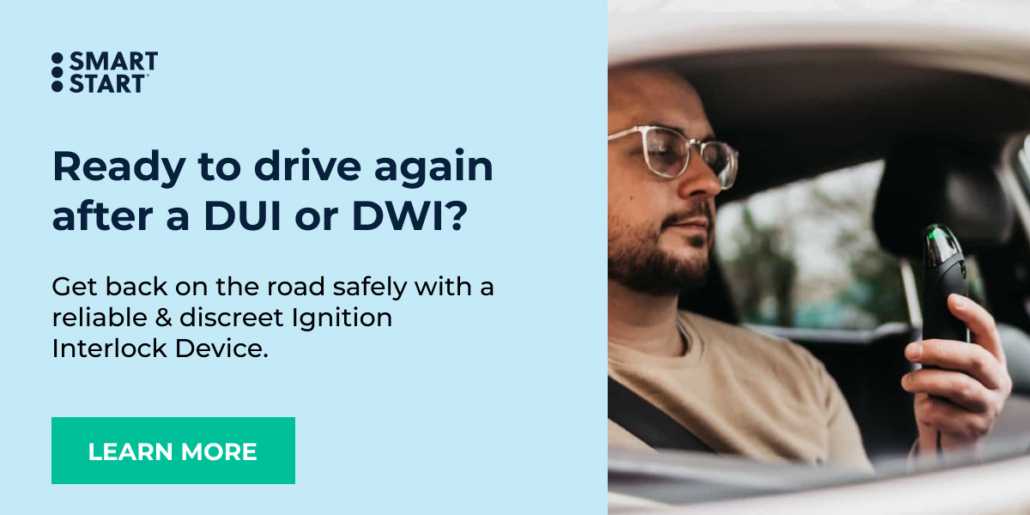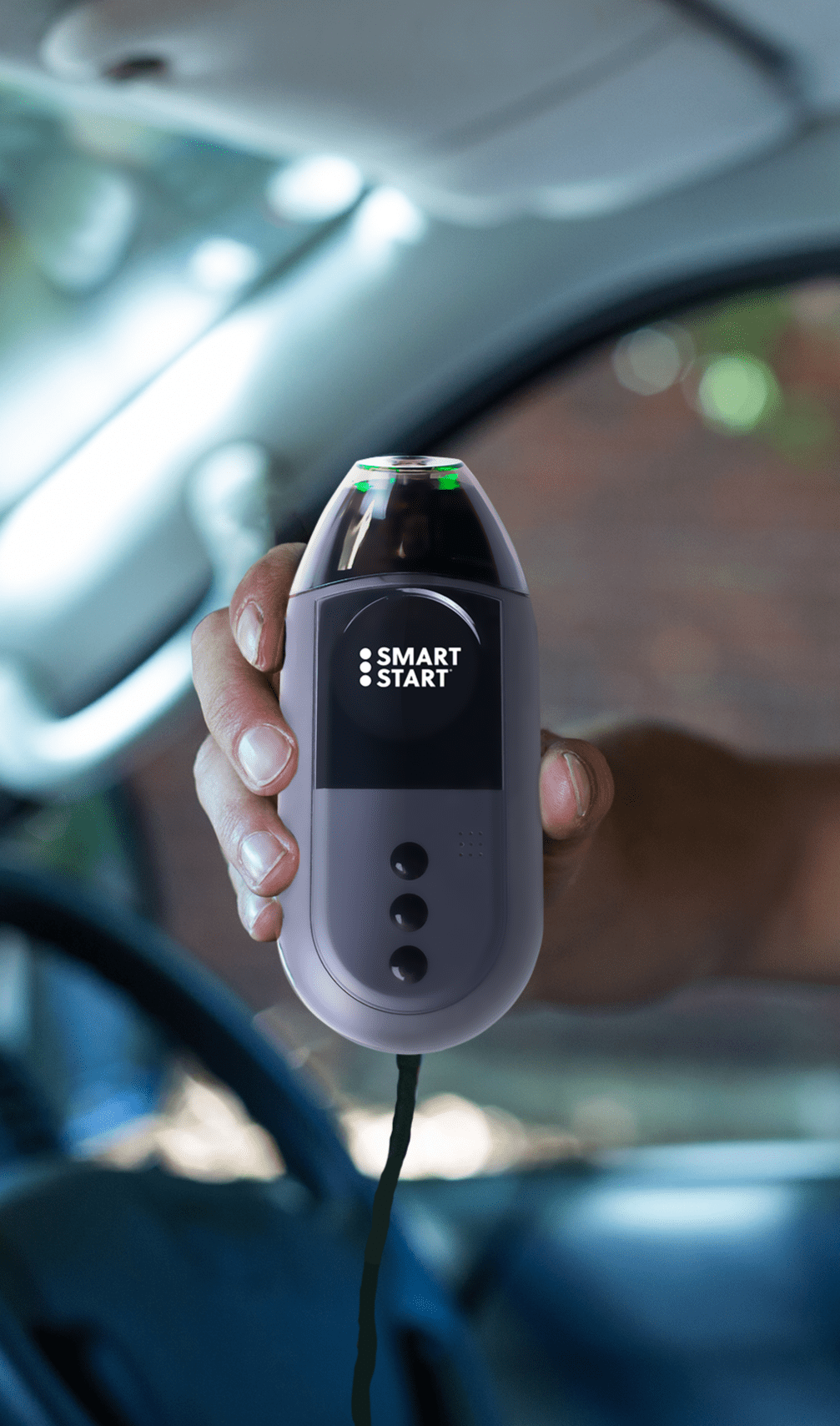What Besides Alcohol Can Set Off a Breathalyzer?
Breathalyzers are important tools in law enforcement and regaining driving privileges after a DUI. So, how does a breathalyzer work? They are used to measure alcohol levels in people’s breath, also known as their Breath Alcohol Content (BrAC), and then calculate their Blood Alcohol Content (BAC). While their main job is to detect alcohol, there are other substances and factors that can affect how breathalyzers work, potentially leading to positive results even when someone hasn’t had any alcohol consumption.
In this article, we’ll dive into these other substances and factors that can influence breathalyzer results. We’ll also examine the complex factors that impact how these devices are used and discuss the challenges and limitations of breathalyzer testing.
Factors That May Affect Breathalyzer Results
Breathalyzer device readings are subject to the influence of many factors. In the following section, we’ll discuss the three major factors:
Biological Differences
The human body is intricate and unique. Various things, like body weight, metabolism rate, and how well someone can tolerate alcohol, can all impact breathalyzer results. Even if two people drank the same amount of alcohol, their bodies might process it differently, causing different BAC readings.
Metabolism, which is how our bodies break down substances, plays a big role. People with faster metabolism might process alcohol more quickly, showing lower BAC readings. In contrast, people with slower metabolism might show higher BAC readings even if they’ve had the same amount of alcohol. This isn’t because the breathalyzer is wrong; it’s because each person’s body handles alcohol differently.
Environmental Factors
Where the breathalyzer test happens matters too. Things like temperature, humidity, and even altitude can affect the results. Warmer temperatures and higher humidity might make BAC readings go up, as alcohol evaporates faster in warm conditions. Altitude, which is how high you are above sea level, can also impact the results due to changes in air pressure, affecting how alcohol vapor shows up in your breath.
Additionally, certain chemicals in the air, like those from cleaning products or paints, can mess with the readings. This is why it’s important to do these tests in controlled environments to make sure the breathalyzer test results are accurate. Luckily, many modern breathalyzers are designed to account for these kinds of environmental effects.
Limits of Breathalyzer Technology
So, how accurate are breathalyzers? Breathalyzer technology is impressive, but it does have its limits. One limitation is that the device can’t tell if alcohol came from drinks or from other sources. This can cause positive results when a person has used things like certain medications or mouthwash that contain alcohol.
Breathalyzer calibration is also important. It needs to be calibrated regularly to make sure that they have accurate results. Smart Start’s Ignition Interlocks need to be calibrated every 30-90 days depending on your state authority requirements.
Also, breathalyzer technology can’t say when alcohol was consumed. Someone might have had a drink recently, but the breathalyzer can’t show if it was a few minutes ago or a few hours ago. Additionally, different types of alcohol, like the kind in alcoholic drinks versus the kind in other products, all look the same to the breathalyzer.
Other Substances Detected By Breathalyzers
Breathalyzers are chiefly designed to identify the presence of alcohol and are commonly used alongside a field sobriety test. However, breathalyzers could potentially react to other substances, meaning they could give you a positive result to substances other than alcoholic beverages.
Mouthwash and Oral Hygiene Products
Surprisingly, even simple things like mouthwash and oral hygiene products can accidentally cause higher breathalyzer readings. Many of these products have alcohol in them to kill germs. If someone uses them just before a breathalyzer test, it can make the results higher. The alcohol in these products can stay in the mouth and cause a temporary increase in BAC levels.
To avoid this, it’s best to rinse your mouth with water, or wait a while after using these products before taking a breathalyzer test. This way, any leftover alcohol can disappear before the breath test is done.
Medications and Over-the-Counter Drugs
Medications and over-the-counter drugs have things that might cause a positive on a breathalyzer test. Some medicines, like cough syrups and cold medicines, could have ingredients that might affect the breathalyzer’s results.
It’s important for users to know what’s in the medications they’re taking and how it might affect breathalyzer results. Talking to doctors and State Authorities about medication use can help avoid confusion and wrong readings.
Foods and Drinks
What you eat and drink can also impact the breathalyzer result. Even though breathalyzers are meant for measuring alcohol, certain foods and beverages like an energy drink can make things more complicated. Some foods might have tiny amounts of alcohol because they were fermented, which could raise breathalyzer device readings.
At Smart Start, our Interlocks are designed with alcohol-specific fuel cell technology. This means that your Interlock is programmed to detect alcohol, including the alcohol present in certain foods you consume. So, while the term “false positive” may not be entirely accurate, there are indeed some types of foods you should avoid.
Any foods or substances that contain alcohol should not be eaten right before a breath test. Eating food right before a breathalyzer test could cause a false reading since food particles and leftover alcohol in the mouth can affect your reading. It’s better to wait a bit after eating before doing a breathalyzer test. We also recommend that you rinse your mouth out with water before you test and check out how long can a breathalyzer detect alcohol.
Reducing the Chance of Wrong Readings
Here are some tips on how to pass a breathalyzer:
- Wait a while after drinking alcohol before taking a breathalyzer test. This helps any leftover alcohol in the mouth disappear, which means less chance of getting wrong results.
- Rinse your mouth before the test to lower the chance of leftover mouth alcohol messing up the results. Using water or a mouthwash without alcohol can help remove any alcohol left in the mouth.
- Be careful with products that have alcohol, like mouthwash, right before the test. Waiting a reasonable amount of time after using these products can help get an accurate test result.
- Watch out for certain foods and drinks that might affect the breathalyzer test result. Waiting a bit after having these substances can help prevent getting wrong readings.
Why Choose Smart Start’s Breathalyzer Technology
Accurate breathalyzer testing goes beyond personal results and helps make roads safer by preventing accidents caused by drunk driving. For over 30 years, Smart Start has used breathalyzer technology in our Ignition Interlock systems and Portable Alcohol Monitoring Devices. Our state-of-the-art breathalyzer technology is used to prevent drunk driving incidents. Our sleek devices provide accurate Breath Alcohol Content (BrAC) readings, helping over 1 million clients stay in compliance for any requirements they may have.
Need to install a car breathalyzer or an Interlock Device? Our friendly Program Advisors are ready to get you started! Just call our Customer Care Center at [Corporate Phone Number] or fill out our quick online form below to get a call back later.
Knowing the many factors that can set off a portable breathalyzer, we hope you can now take or administer these breathalyzer tests with confidence. With this understanding, we hope you can see how complicated breathalyzer results can be and how to make sure you get the most accurate results using the best technology.
Sources:
- American Addiction Centers. (2021). Medications and Drugs That Can Cause False Positive Breathalyzer Readings. https://americanaddictioncenters.org/adult-addiction-treatment-programs/medications-and-drugs-that-can-cause-false-positive-breathalyzer-readings
- National Highway Traffic Safety Administration. (2023). 2.3 Breath Test Devices. https://www.nhtsa.gov/book/countermeasures/deterrence/23-breath-test-devices
- Medical News Today. How many drinks does it take to get drunk? (2020, May 28). https://www.medicalnewstoday.com/articles/how-many-drinks-does-it-take-to-get-drunk
Schedule an Installation
Get a quick and easy IID installation with Smart Start! Get started today!
¡Obtenga una instalación rápida y fácil de IID con Smart Start! ¡Empieza hoy mismo!
"* (required)" indicates required fields
Disclaimer
Meet the expert
Power Digital








